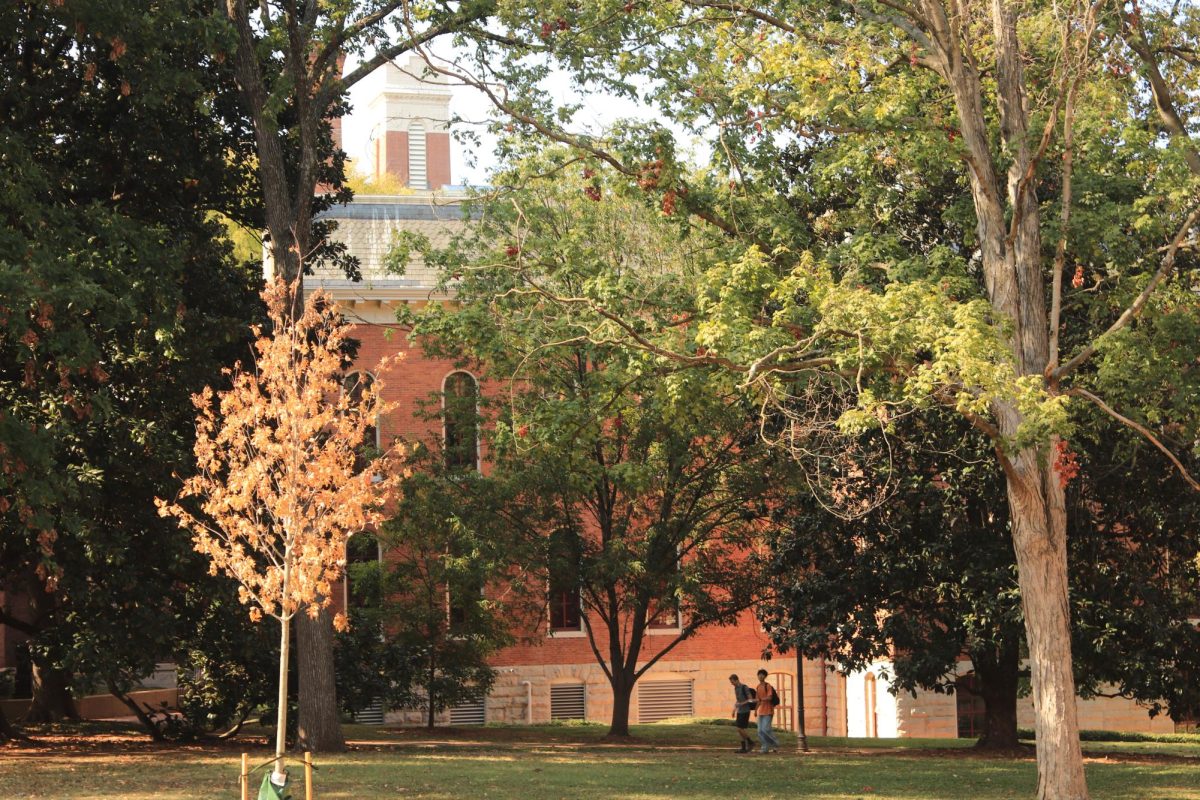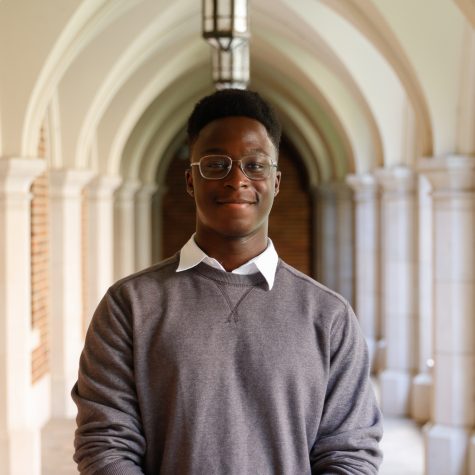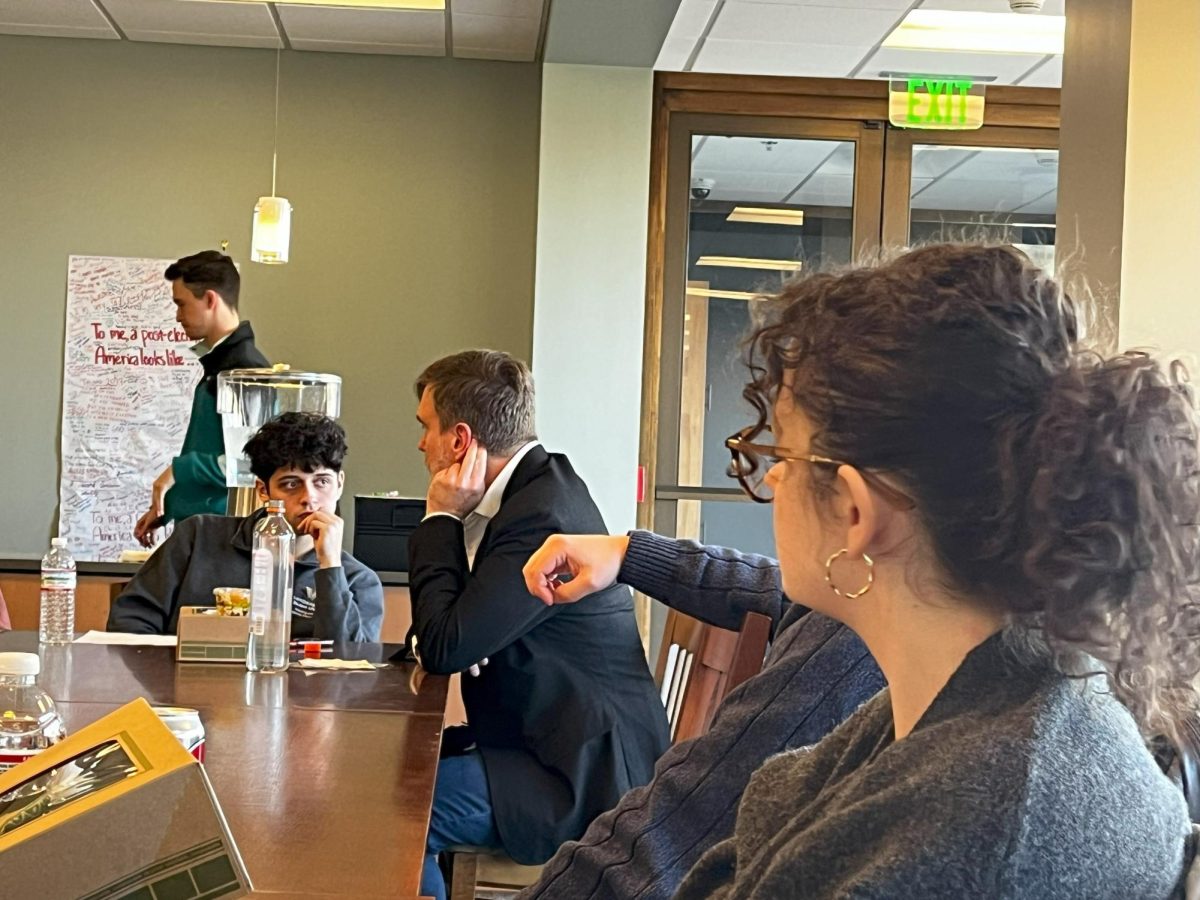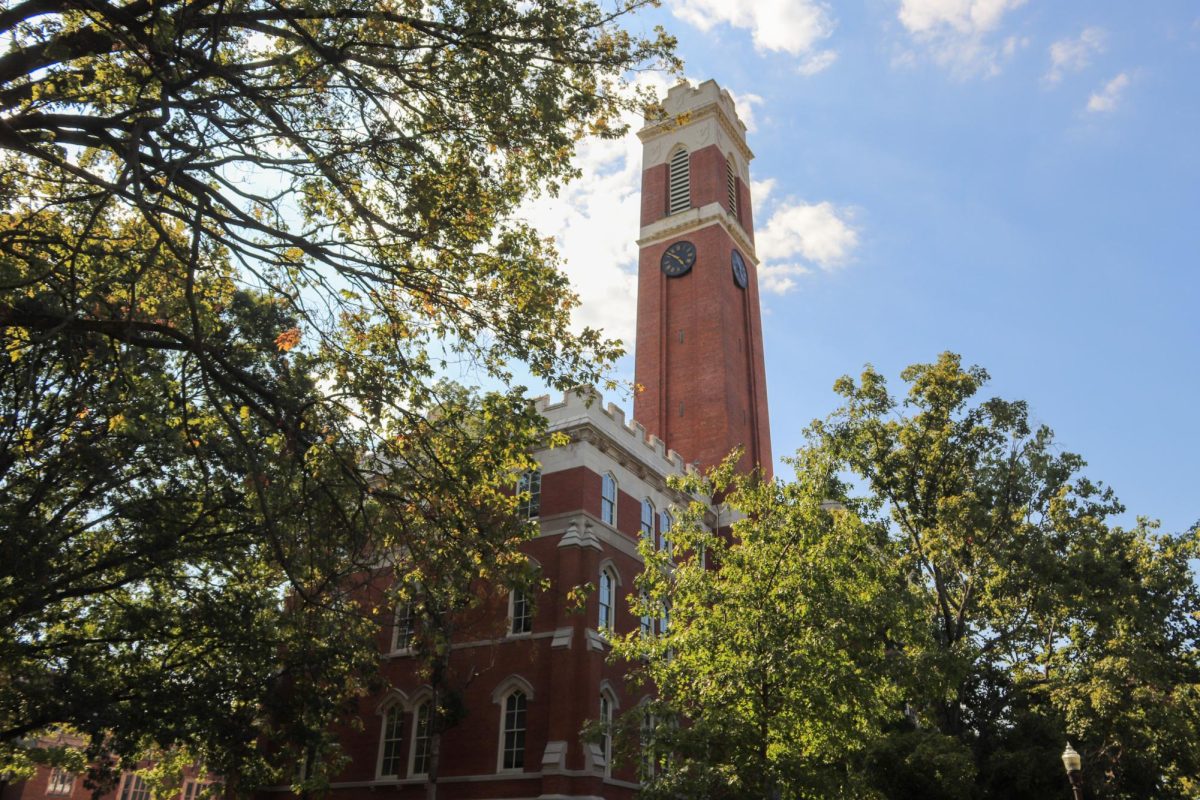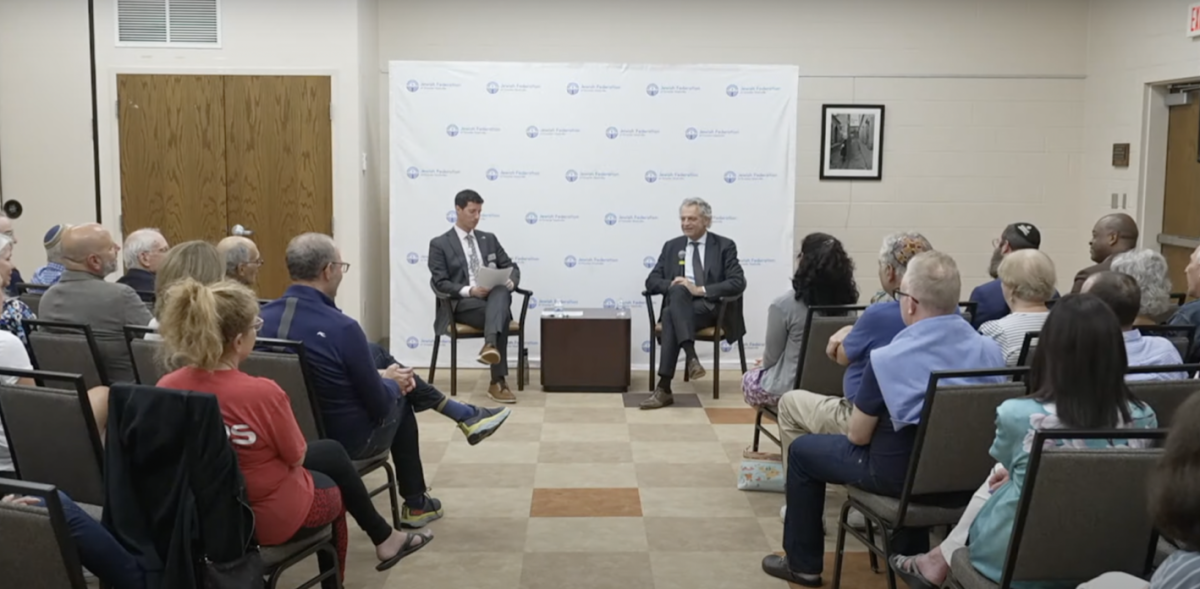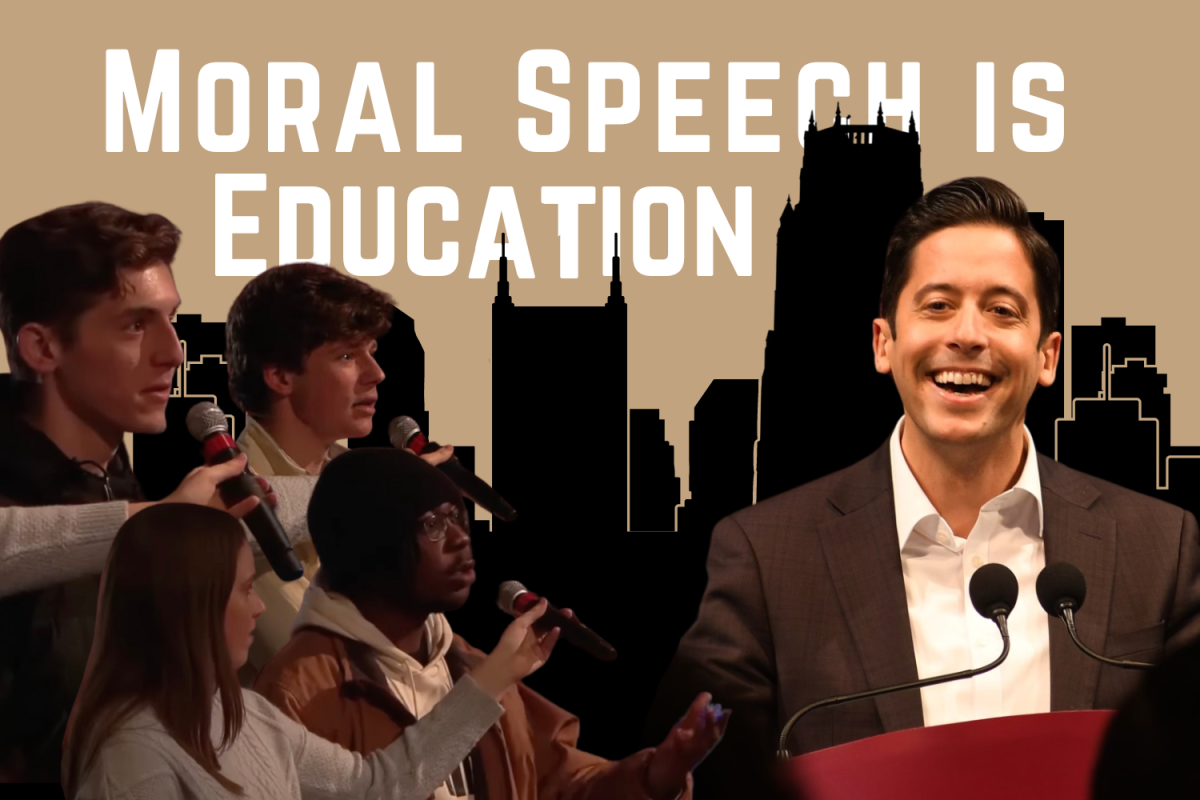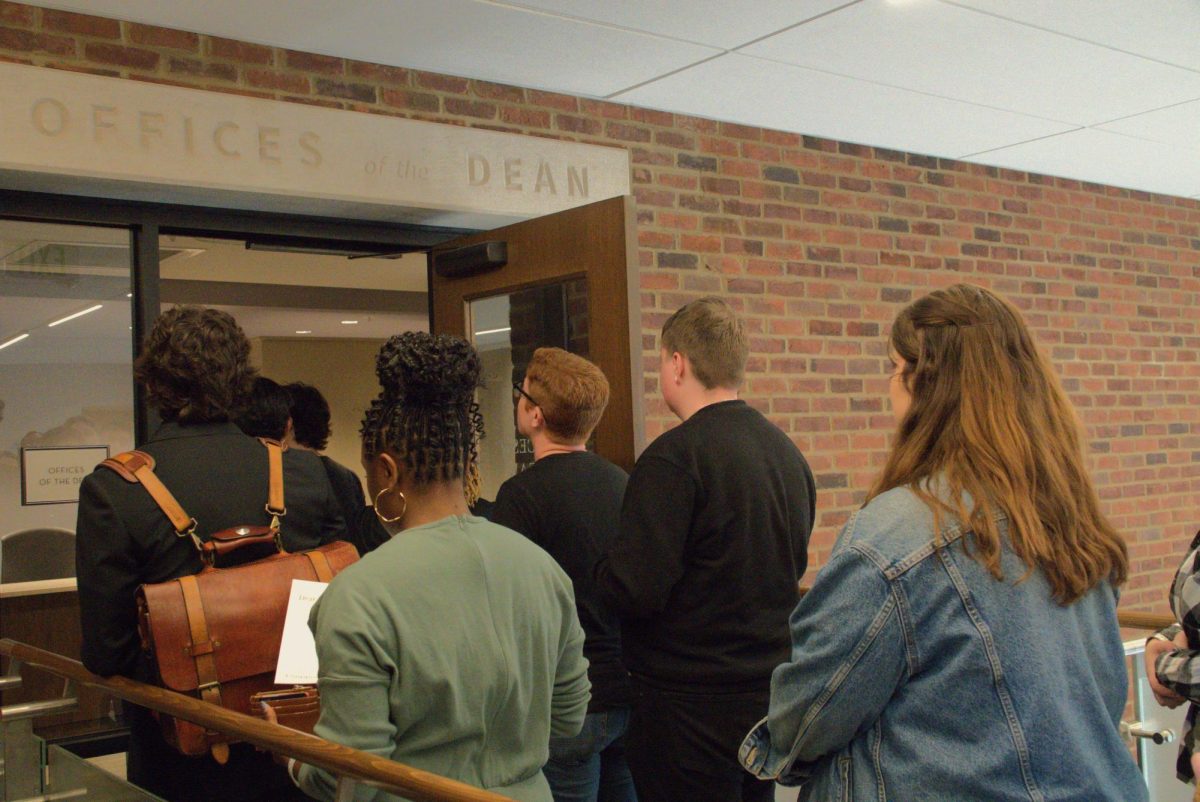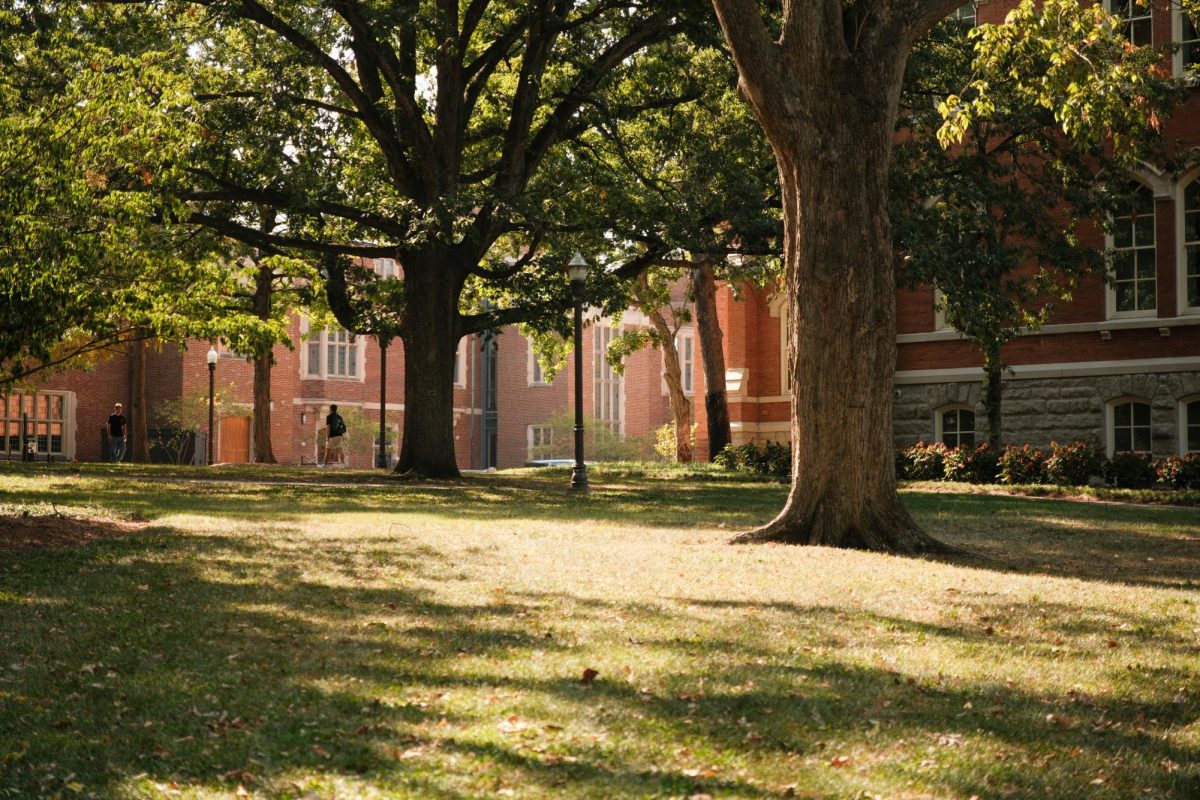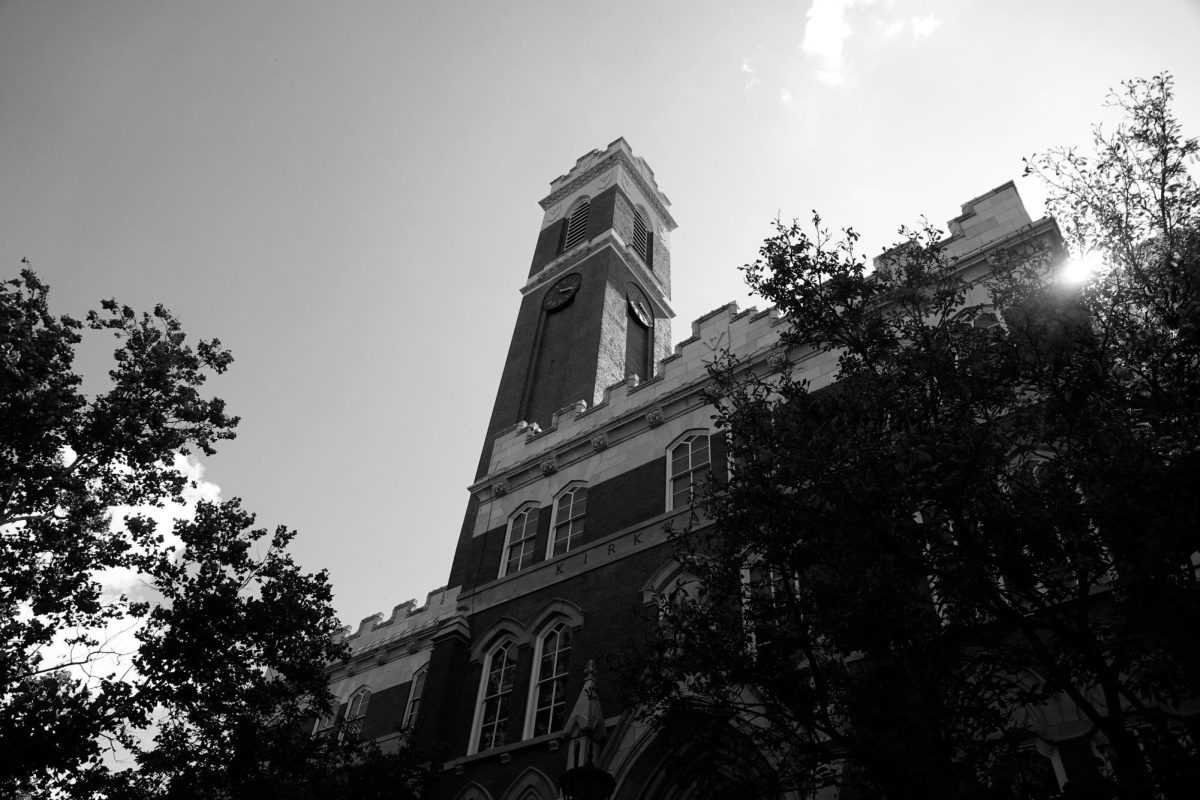The university updated its Student Handbook for the upcoming school year, and these revisions include changes to policies about freedom of expression and the use of university space. First-year CommonVU orientation also included a mandatory session on the university’s commitment to free expression, institutional neutrality and civil discourse.
Last spring, a group of Vanderbilt Divest Coalition members staged a sit-in protest at Kirkland Hall in response to the university removing a proposed amendment to the Vanderbilt Student Government constitution from the VSG ballot. This amendment would prevent VSG’s funds from being used on the Boycott, Divestment and Sanctions movement’s targets.
The encampment outside Kirkland Hall — which was set up after the initial sit-in — was taken down for the summer with plans by VDC to continue protest and activism for Palestine in the fall.
Updated university policies
Student handbook policy changes include a ban on camping or sleeping outside on university property as part of a protest or otherwise, the prevention of public access and participation in campus protests and demonstrations and limitations on the use of installations, which include temporary displays, art pieces and symbolic structures.
Last semester’s encampment outside Kirkland Hall, “Apartheid Wall” exhibit outside Rand and campus protests attended by the public are now subject to these new policies if they were to be repeated. VSG Vice President Ellie Kearns expressed concern about the updated policies.
“If the Vanderbilt administration continues to claim that free speech is ‘alive and well’ on campus, then university officials should not fear protests and encampments, but encourage them,” Kearns said in a message to The Hustler.
VSG President Hananeel Morinville said that democratic values will guide VSG policy this year.
“My concern is democracy, and I worry that some of these new regulations on protesting chip away at rights guaranteed to us in a democracy,” Morinville said. “It’s very important that we continue to embrace democratic values, and that’s what we plan on doing on VSG this year with our new guiding principles.”
Morinville and Kearns elaborated on these new guiding principles in an August 23 email to the student body. The email said that the four principles — building power, advancing accessibility, upholding justice and improving transparency — uphold the university’s commitment to freedom of expression and ensure that VSG adopts a firm position during crucial moments.
Senior Ainsley Gill, a member of the Dialogue Vanderbilt student advisory board, said that the board functions to discuss ideas for Dialogue Vanderbilt events and further free speech on campus. The board met with Associate Dean for Student Affairs Traci Ray this summer to provide feedback on the updated student handbook.
“Broadly, members of the student advisory board suggested greater specificity of language, clarity and transparency in the university’s policies, encouraging them to provide definitions, specify procedures and limit vagaries,” Gill said in a message to The Hustler. “Student advisory board members also encouraged greater education and accessibility of information related to these policies.”
A VDC representative being kept anonymous for protection from retribution described the handbook policies as “targeting all student activism.”
“Vanderbilt’s administration is making it virtually impossible to protest on campus and is a direct response to the encampment,” the representative said. “It is vitally important to continue to point to the hypocrisy of the Vanderbilt administration.”
Dialogue Vanderbilt at first-year orientation
First-year students were required to attend a session during CommonVU Orientation about the Dialogue Vanderbilt program. The description of the event said it would explore how the university’s commitment to principles of free expression, institutional neutrality and civil discourse prepare students for their time at Vanderbilt and beyond.
The event included a Q&A with the chancellor moderated by The Hustler’s Editor-in-Chief Barrie Barto, a senior. First-year Claire Jeong described the conversation as “insightful.”
“I thought it was really cool that the chancellor took time out of his day to come talk to the freshmen and answer all the questions that we had,” Jeong said. “It was a really cool look into Vanderbilt and how much they care for their students.”
Jeong said she thinks the university upholds its principles of freedom of expression and institutional neutrality well.
“Even before coming to Vanderbilt, I looked into the school and what they have to say about things, and in general they’re good at being able to manage everything while not being too vocal about certain things,” Jeong said.
Jeong said she thinks the general reaction among first-year students to the chancellor’s message and the protests of last semester is mixed.
“It depends on the person and their views. Some people are really open about protesting and really interested in protesting and think that it’s something everyone should allow,” Jeong said. “I don’t know that I’ve met anyone against protesting, but some people who support protesting but not to the point where it gets unsafe are agreeing with Vanderbilt policy.”
First-year Millan Biggs said what stuck out to him from the chancellor’s talk was how few schools have adopted policies of institutional neutrality.
“I didn’t really understand at first what that meant, but it basically means that they don’t take sides on any political issues, which I thought frees students up to form their own ideas and explore all our ideas without the institution getting in the way of that freedom,” Biggs said.
Biggs also said he is glad he can have a college experience where protests don’t get in the way of his learning.
“I’m grateful that there aren’t protests on campus and that we have a free environment where we’re not worried,” Biggs said.
Biggs explained that this year’s Campus Reading — “I Never Thought of It That Way” by Mónica Guzmán — aligned with the university’s principles as expressed by the chancellor at the event.
“The entire idea of the book is to bring light to every idea and to acknowledge every idea. If you’re forcing the one idea onto your students, you’re not allowing other ideas to emerge,” Biggs said. “Every experience I’ve had so far on this campus aligned with that value of institutional neutrality.”
Biggs said he thinks the independence offered by the university’s values allows for self-discovery.
“This is a unique time where we have the most independence that we’ve ever felt in our lives, so we’re able to explore a lot of different things,” Biggs said. “Because Vanderbilt isn’t affiliated with a religion or any political values, it allows you the freedom to explore all these different groups and discover who you truly are.”

